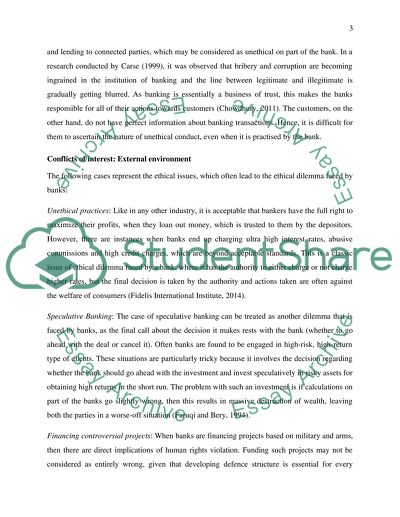Cite this document
(Ethical Considerations of the Banking Industry Coursework, n.d.)
Ethical Considerations of the Banking Industry Coursework. Retrieved from https://studentshare.org/finance-accounting/1627378-banking-an-ethical-dilemma
Ethical Considerations of the Banking Industry Coursework. Retrieved from https://studentshare.org/finance-accounting/1627378-banking-an-ethical-dilemma
(Ethical Considerations of the Banking Industry Coursework)
Ethical Considerations of the Banking Industry Coursework. https://studentshare.org/finance-accounting/1627378-banking-an-ethical-dilemma.
Ethical Considerations of the Banking Industry Coursework. https://studentshare.org/finance-accounting/1627378-banking-an-ethical-dilemma.
“Ethical Considerations of the Banking Industry Coursework”, n.d. https://studentshare.org/finance-accounting/1627378-banking-an-ethical-dilemma.


